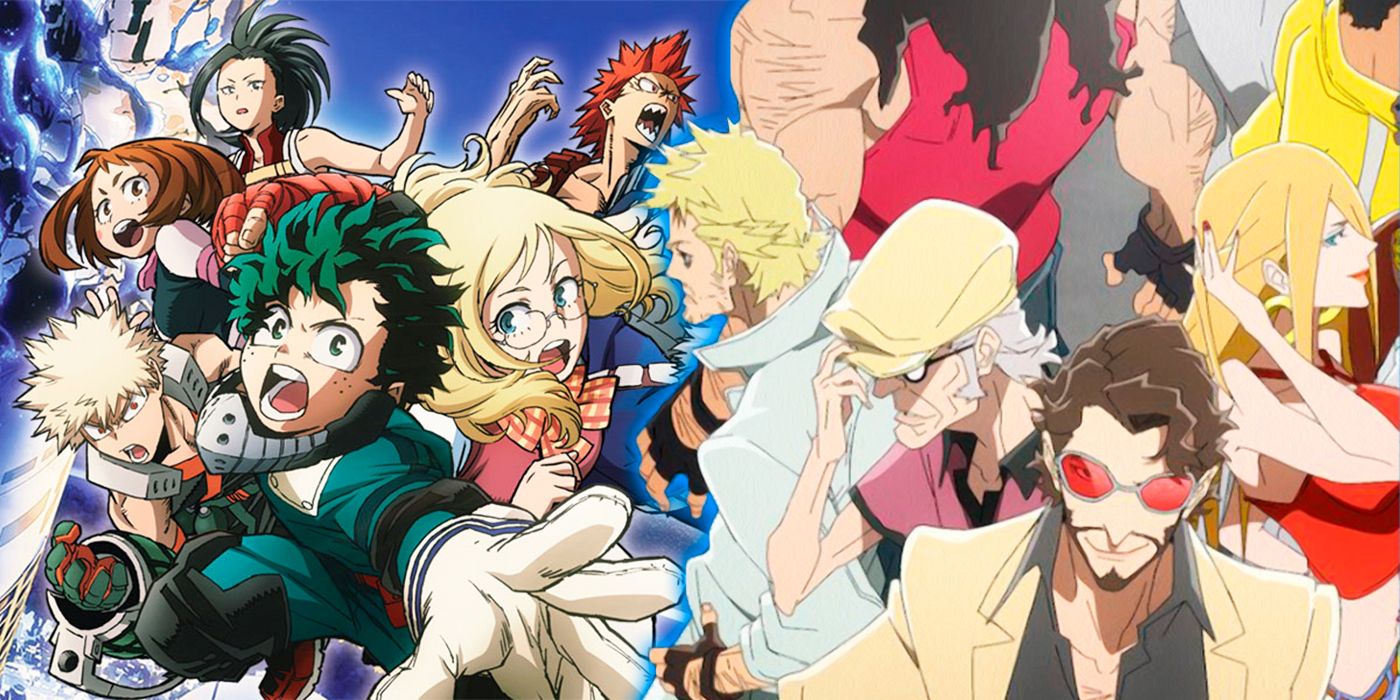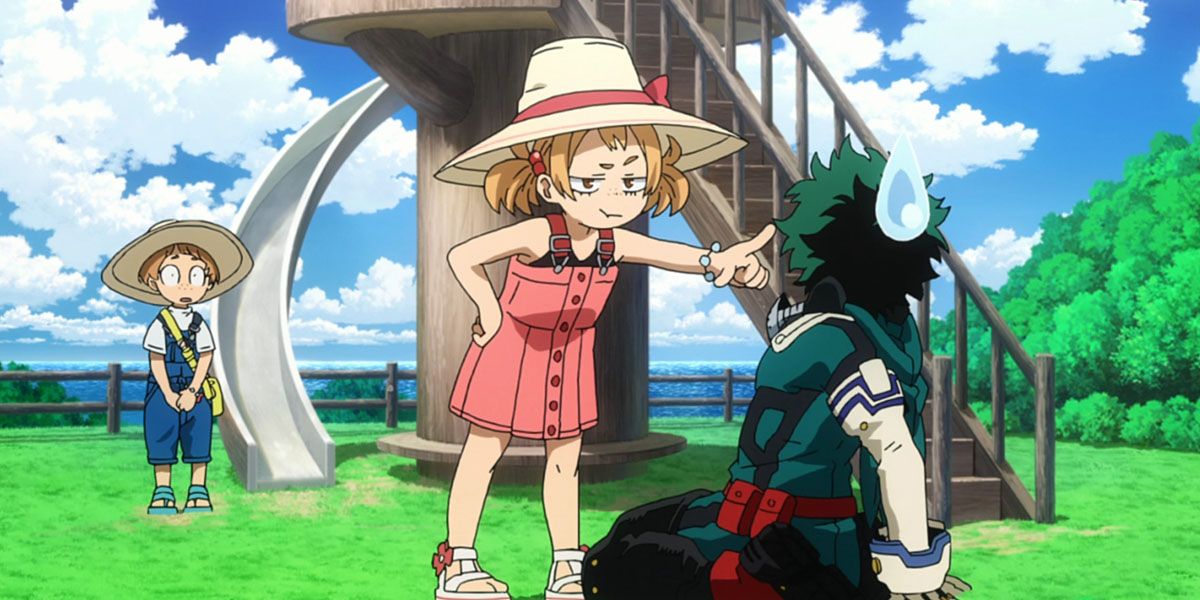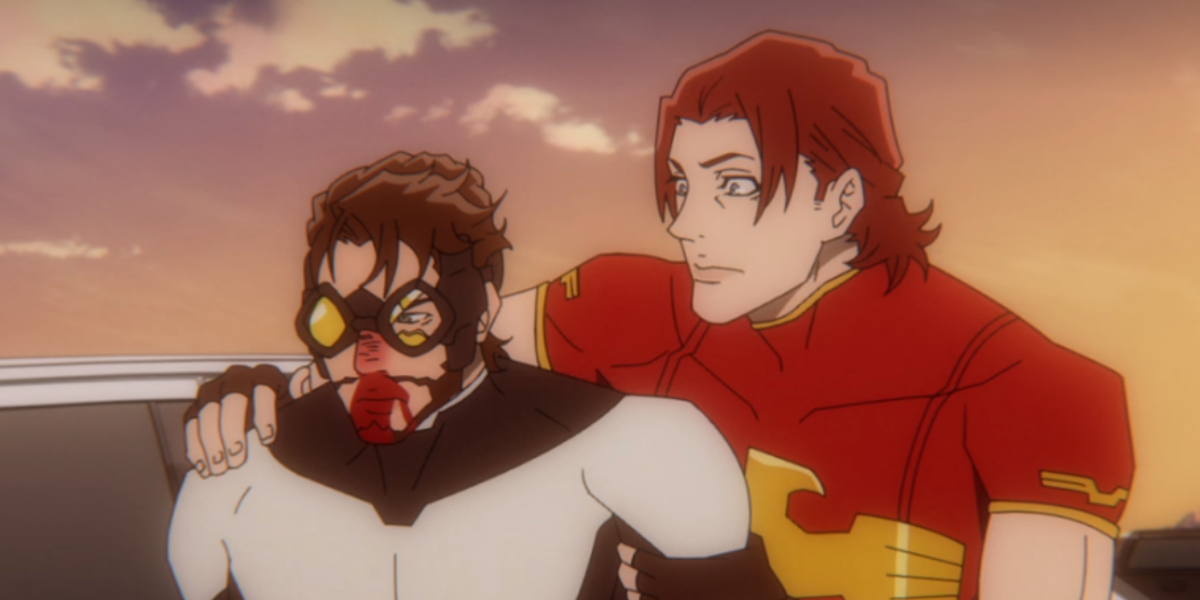A world with superpowers sounds fun at first, but there are a lot of unforeseen consequences to living in such a world. People who wish for powers usually think about how cool it would be if they had flight or superspeed. They don't usually think of the moral, political, economic or societal implications of introducing superhumans to reality. Thankfully, plenty of comic writers and mangaka help flesh this idea out. Their concepts are part of what makes works like My Hero Academia and Super Crooks so fascinating.
My Hero Academia and Supercrooks both present superhuman society in fairly realistic ways, but there's a key difference between the two. As the titles suggest, MHA focuses on the heroes' perspective, while Super Crooks focuses on the villains' perspective. These alternate points of view not only greatly alter the structure of the narrative, but also allow each to explore their shared themes and concepts in different ways.
One big difference between MHA and Super Crooks is their target audiences. MHA is aimed at school-age boys, so the writer must exercise restraint with what they can show. Super Crooks, on the other hand, is R-rated, so it has no qualms with showing dismemberment, exploding heads and even some explicit sex scenes. The difference in censorship changes how each of these series presents its moral quandaries.
Super Crooks' Johnny Bolt's backstory shares notable similarities with that of another character from MHA -- Gentle Criminal. Both of them started off wanting to be heroes but failed because something went horribly wrong. They switched career paths to villainy because they felt it was their best available option.
Super Crooks, however, shows a much sadder side to villainy where the characters are forced into it. In the show, Johnny Bolt leaves prison in serious need of money, but since nobody wants to hire an ex-convict, he has to steal to make ends meet. Gentle, on the other hand, will only ever commit minor offenses and can get off easy if he's ever caught. In MHA's case, acts of villainy seem more like a matter of choice rather than necessity. It could be argued that MHA villains like Toga or Shigaraki are inclined to perform evil acts by nature, but that too is a matter of choice.
It's worth noting that there are villains in Super Crooks who commit crimes for sport. One such criminal, The Heat, sees his heists as a form of artistry and tries to conduct them with the appropriate style and grace. With that said, Johnny and most of his villain cohorts make it apparent that they are stealing because they have to, not because they want to.
Since Super Crooks makes the villains its protagonists, it also paints heroes, who become antagonistic forces by default, in a much harsher light. In MHA, the heroes' goal when confronting villains is to apprehend them while keeping collateral damage to a minimum. However, in Super Crooks, the heroes take neither property damage nor the well-being of the villains into account; they instead strive to enforce absolute justice by any means necessary. Heroes in MHA can get rough, but the excessive force with which Super Crooks heroes will handle even minor offenses makes the MHA heroes look like saints.
Super Crooks also presents its heroes as far more corruptible. This isn’t just a matter of heroes being glory hogs, either; that aspect of hero life is also in MHA. Besides this, some of the heroes just outright work for the villains; The Praetorian is associated with The Bastard and The Gladiator sides with Johnny when he’s blackmailed with evidence of his affair. Even MHA’s worst heroes like Endeavor or Lady Nagant will at least try to do the right thing or make up for their mistakes; none of them end up as far gone as the heroes of Super Crooks.
MHA and Super Crooks, for all their similarities, present the superhero narrative much differently. Neither is unwilling to touch on the darker aspects of the hero business, but Super Crooks is really able to go deep thanks to its higher rating and focus on the villains' perspective. As fun as superpowers sound, they can easily become troublesome.



